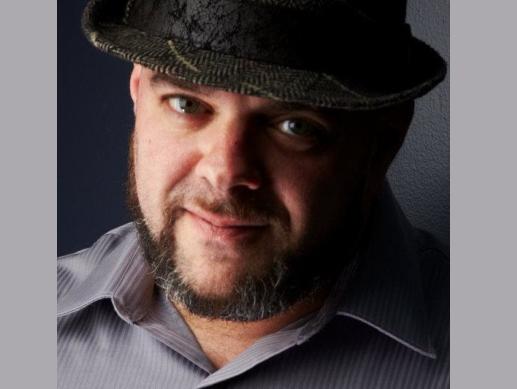Leadership Advice for an MBA - Adam Kleinberg

My lawyer's nephew is working on his Masters degree and asked if he could interview me about leadership for a class he is taking. The questions he sent over were thought provoking for me, so I thought I'd share my answers here.
1) What is your vision for the future of your particular creative sector?
The lines are blurring between product and marketing. Today, the entire brand experience matters. The design of your product, your advertising, your website, your app, your API, the way you answer the phone. Even the conversations that happen about your brand when you're not in the room. Shaping these; engineering a path between your business objectives and human needs and desires; creating synergy between psychology and technology—this is where creativity is heading. In the future, innovation and design of the entire brand experience will become the key to business success.
And that future? It's already here.
2) What are the greatest challenges or problems that you are facing now in your creative sector and your organization?
Much of what we do today is commoditized. The future delivery of many traditional agency services will be done by factories that spit out good-enough junk to meet the needs of companies for these tasks. Media buying, for example, is a service that is undifferentiated, so we hear media agencies complaining that they are now competing on margin for the first time. Direct response advertising is another. Some publishers will throw in free digital creative with your media buy. Is that creative strategically driven? No. Is it conceptually powerful? No. But to use brand guidelines and a "25% off" offer, it often does not need to be.
Strategy, however, is not a commodity. Creativity is not a commodity. Innovation is not a commodity. In the past, the agency landscape was divided vertically into silos—media agencies, creative agencies, digital agencies, PR agencies. In the future, we will see horizontal industry segmentation. There will be agencies that deliver these high value service offerings and there will be purveyors of commodities.
Ironically, developing an ideal process to deliver commodities that meets a company's unique needs takes innovation. Some companies have unique needs and some don't. Understanding which kind of needs they have will be a challenge for marketers in the coming years.
3) Can you share one of your most effective leadership experiences?
Asking "why?" As a leader, it is often difficult o understand the root causes of challenges you're facing in your company. I've been most effective as a leader when we've had breakdowns and I've asked, "Why?"
"Why are we having conflicts with this team?" Mistrust.
"Why do we have mistrust?"
Why? Why? Why?
When you get your people to ask that, you get to the root causes of your issues. Then you have something your people can fix.
4) What has been more important in your success, education or networking? What are your thoughts on the two?
If you define education as school, I'd definitely have to go with networking. Connecting with people is what I do best and those connections are valuable. Business is built on relationships.
But I'm only able to make those connections because of my education. Not the one I received in college, however.
I am constantly educating myself. It is an ongoing process. I read voraciously. I attend conferences whenever I can. I ask for advice from people I respect. I make observations from my own experience.
It's only because of my ongoing education that I'm able to network effectively. It allows me to always have opinions and make an impression because that's what networking is really about. You can hand out 6 million business cards, but if you don't make an impression they will just wind up in 6 million garbage cans.
5) What advice would you give to a new entrant to the field?
Be an authority from Day One. You know what you know. You have an opinion. Put it out there. Create content. Blog Tweet. Tumbl. Comment. Design. Post. You don't have to be prolific. Just be smart. People will be looking at your digital self throughout your career... at very critical times.
Only you can control what they find.
6) As a leader, has there been a time when you experienced some resistance from peers or staff about your decisions and/or goals? If so, how did you handle the situation?
Start by listening. Understand why they are resisting. Communicate back to them your understanding of their point of view. That doesn't mean capitulate. But by taking the time to listen, you accomplish two things.
One, you ensure your decision is based on the best information at your disposal.
Two, if you listen and don't agree, the people around you might not like your decision, but at least won't be able to say you had your head up your ass.
Stir (never shake) a spoonful of charisma, a jigger of positive energy and a mind as sharp as a freshly plucked lemon and you get close to the cocktail that is Adam Kleinberg. Adam is CEO and a founding partner of Traction, an advertising agency and innovation consultancy in San Francisco. He can be reached at adam@tractionco.com.
Read all Adam’s MediaBizBloggers commentaries at Adam Kleinberg.
Check us out on Facebook at MediaBizBloggers.com
Follow our Twitter updates @MediaBizBlogger
MediaBizBloggers is an open-thought leadership blog platform for media, marketing and advertising professionals, companies and organizations. To contribute, contact Jack@mediadvisorygroup.com. The opinions expressed in MediaBizBloggers.com are not those of Media Advisory Group, its employees or other MediaBizBloggers.com contributors. Media Advisory Group accepts no responsibility for the views of MediaBizBloggers authors.


